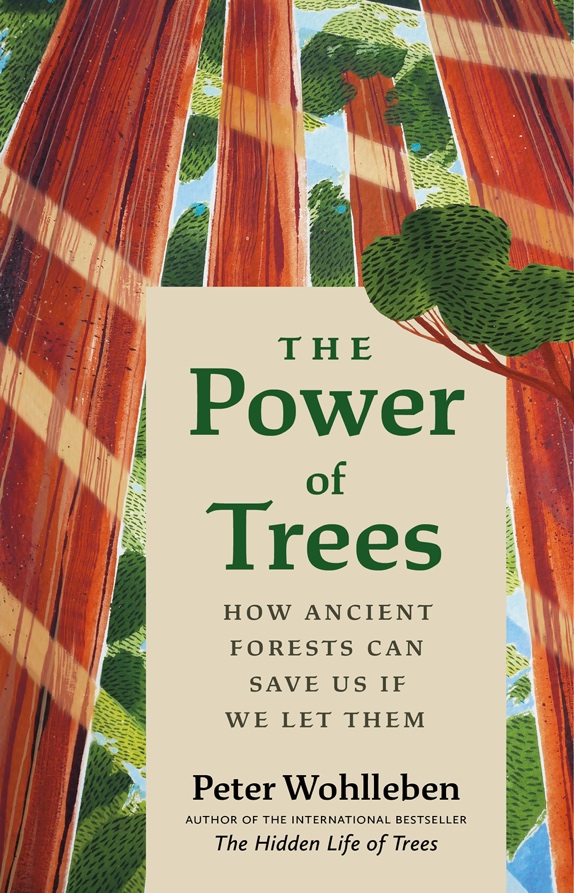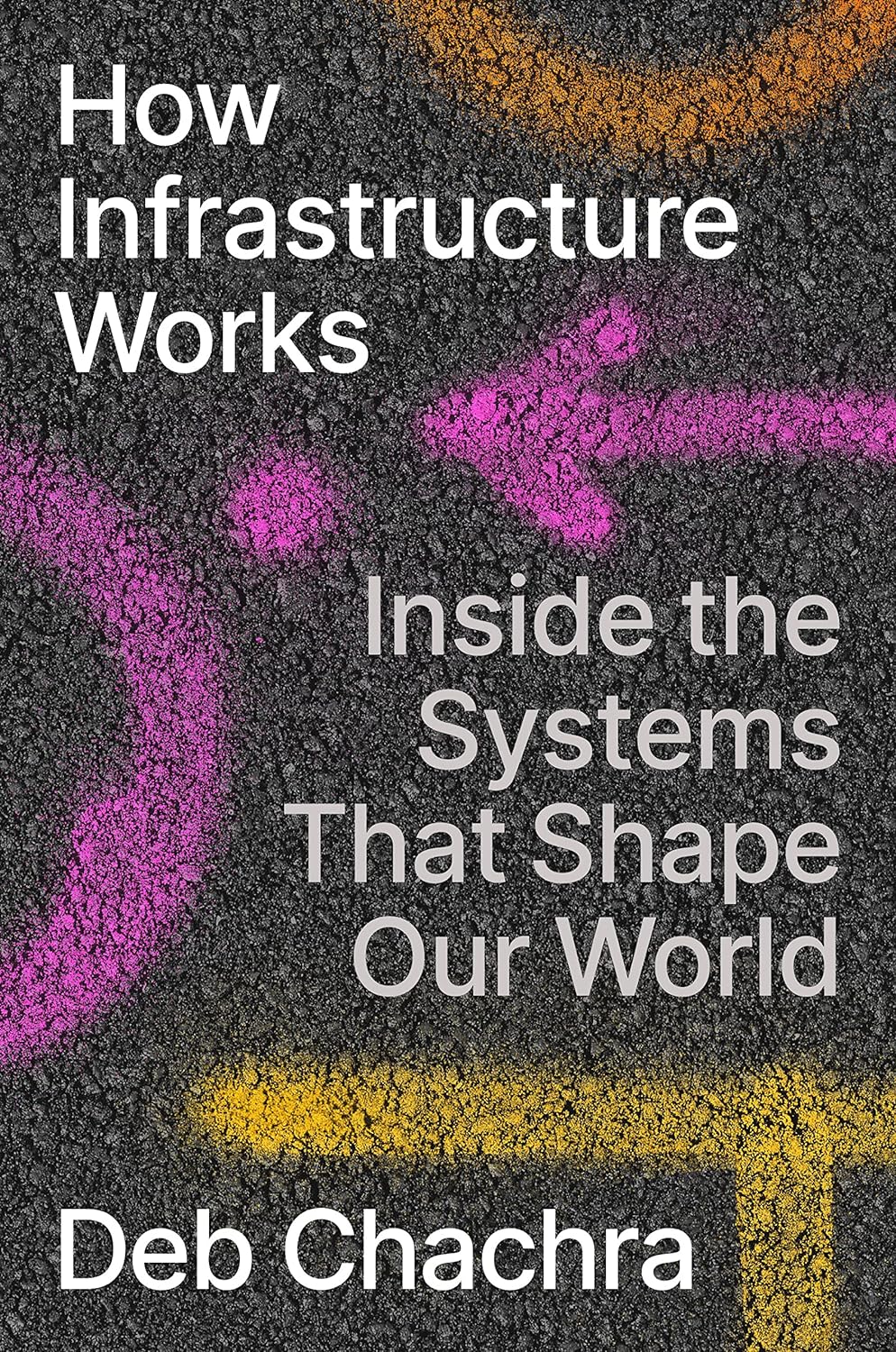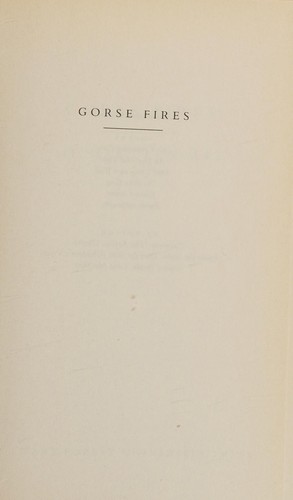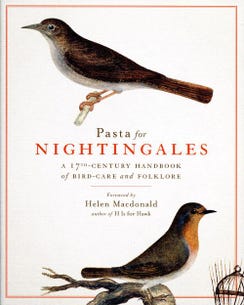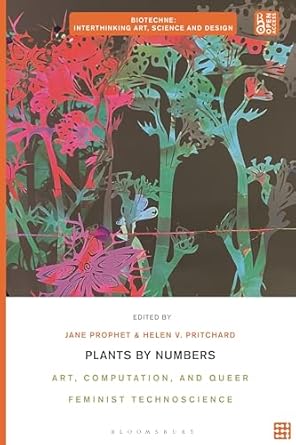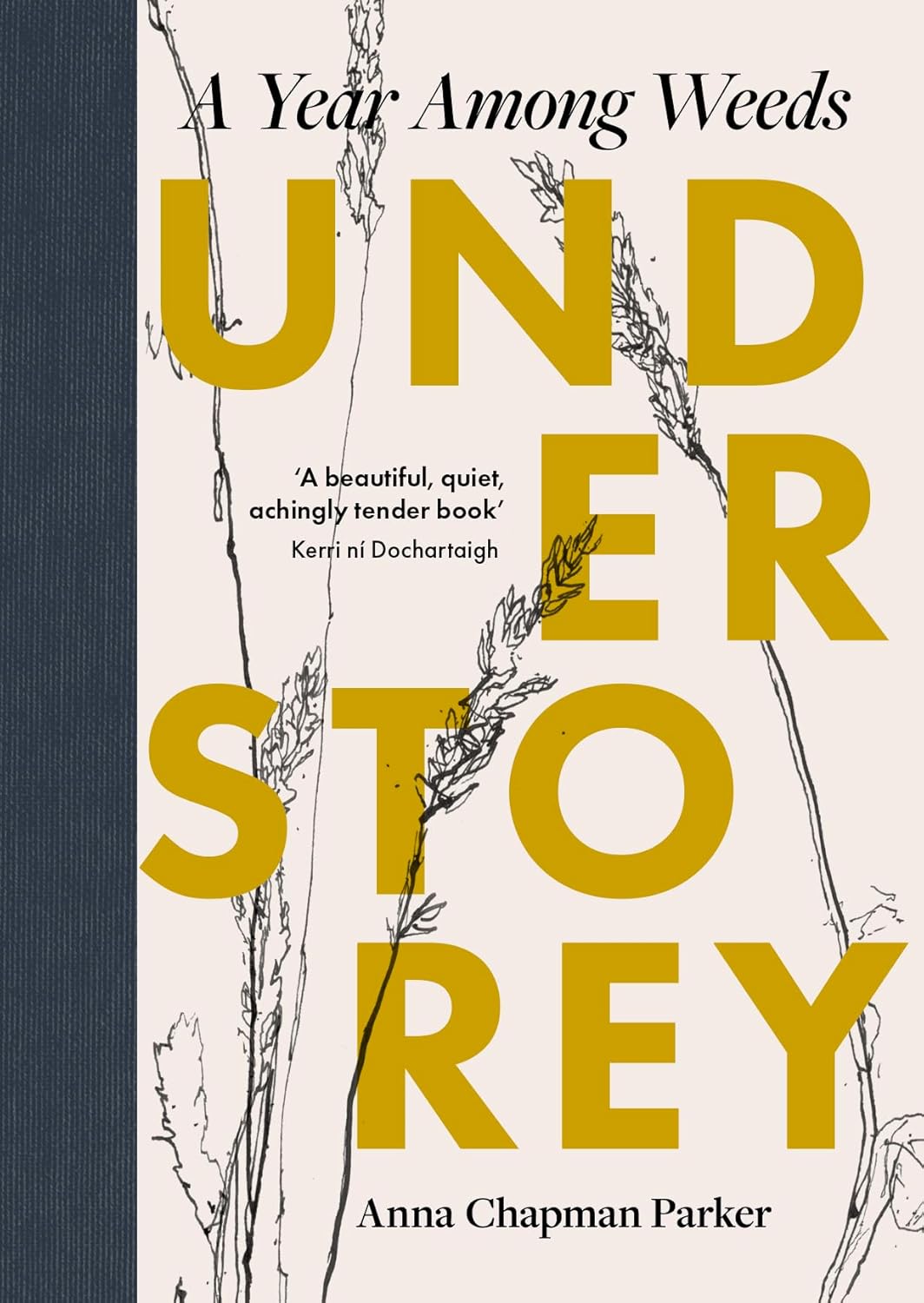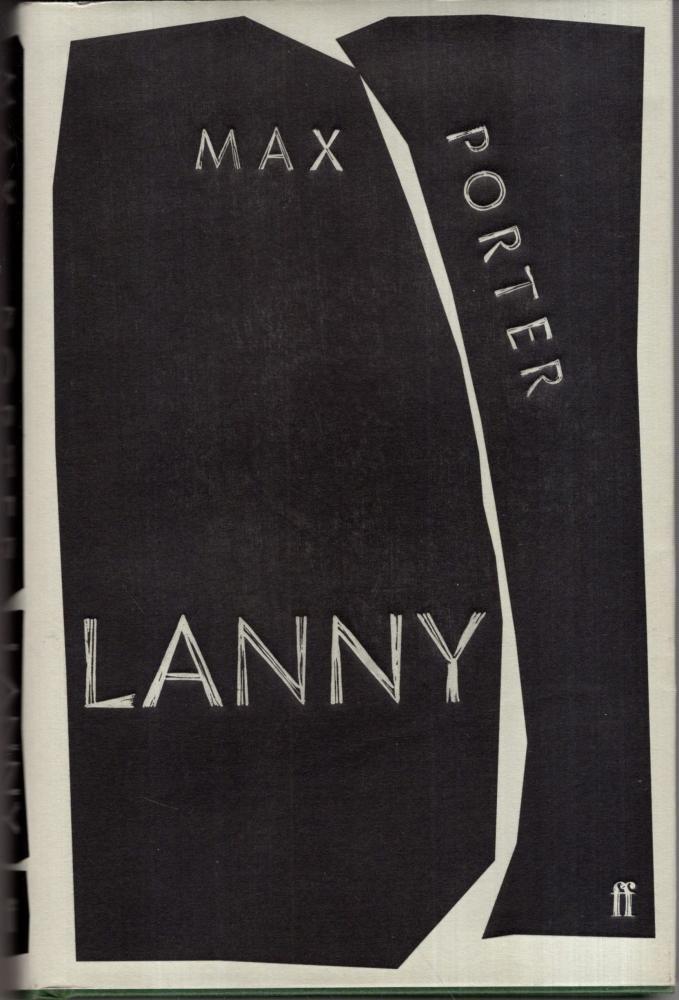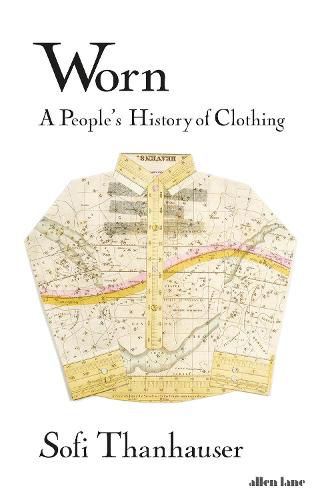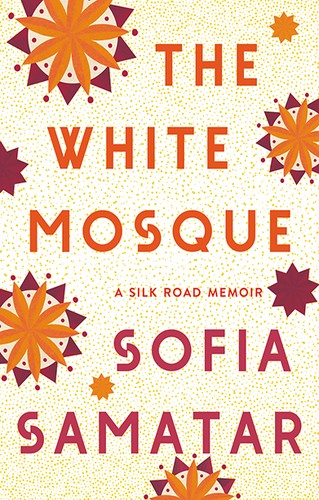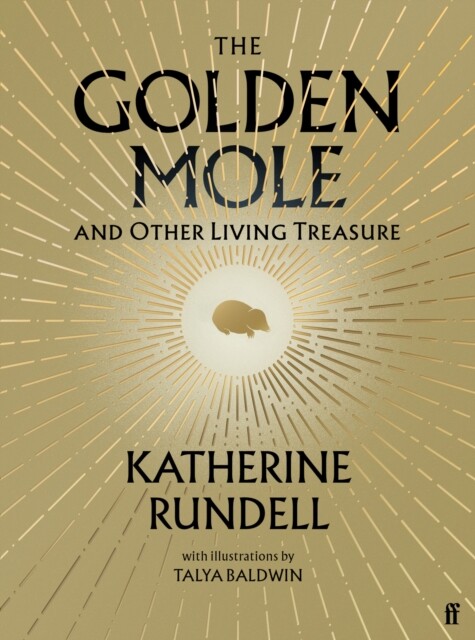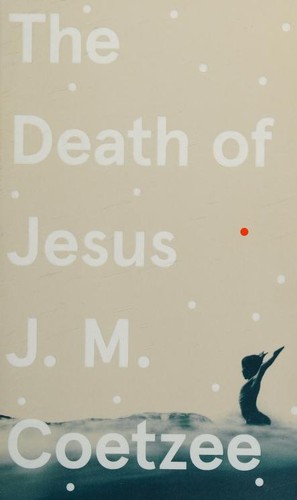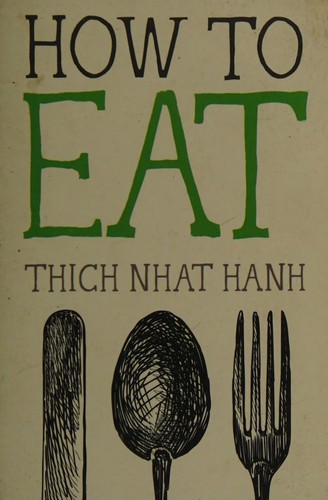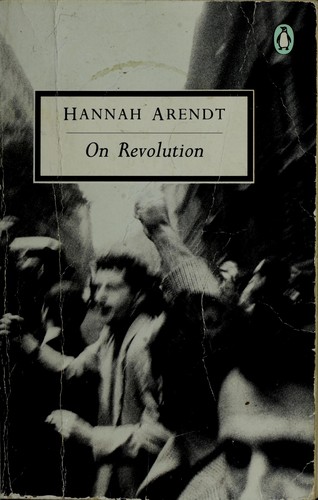Fionnáin reviewed The Power of Trees by Peter Wohlleben
Trees and disease
2 stars
Peter Wohlleben is an ex-forester who writes beautifully about trees. His first book, 'The Hidden Life of Trees', was a magnificent exploration of what it meant to give up his social biases formed in his years of forestry. This book feels like the same story, but told with a less deft hand. It explores tree reactivity and social resilience to disease, and gives some interesting examples of how trees learn together to withstand sudden climactic shifts, for example by conserving water or food, but ultimately it feels like the same book again, with a little less impact.

